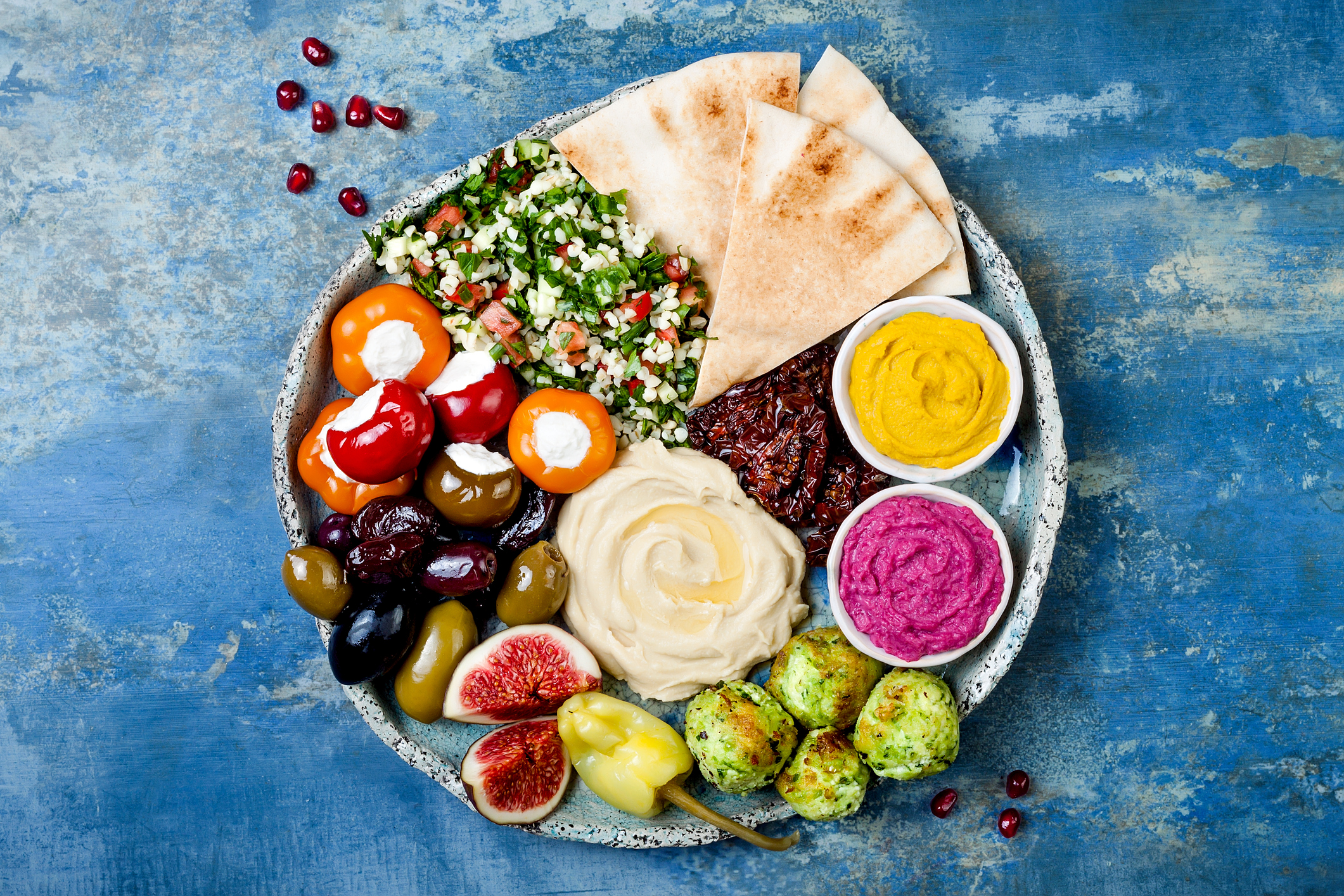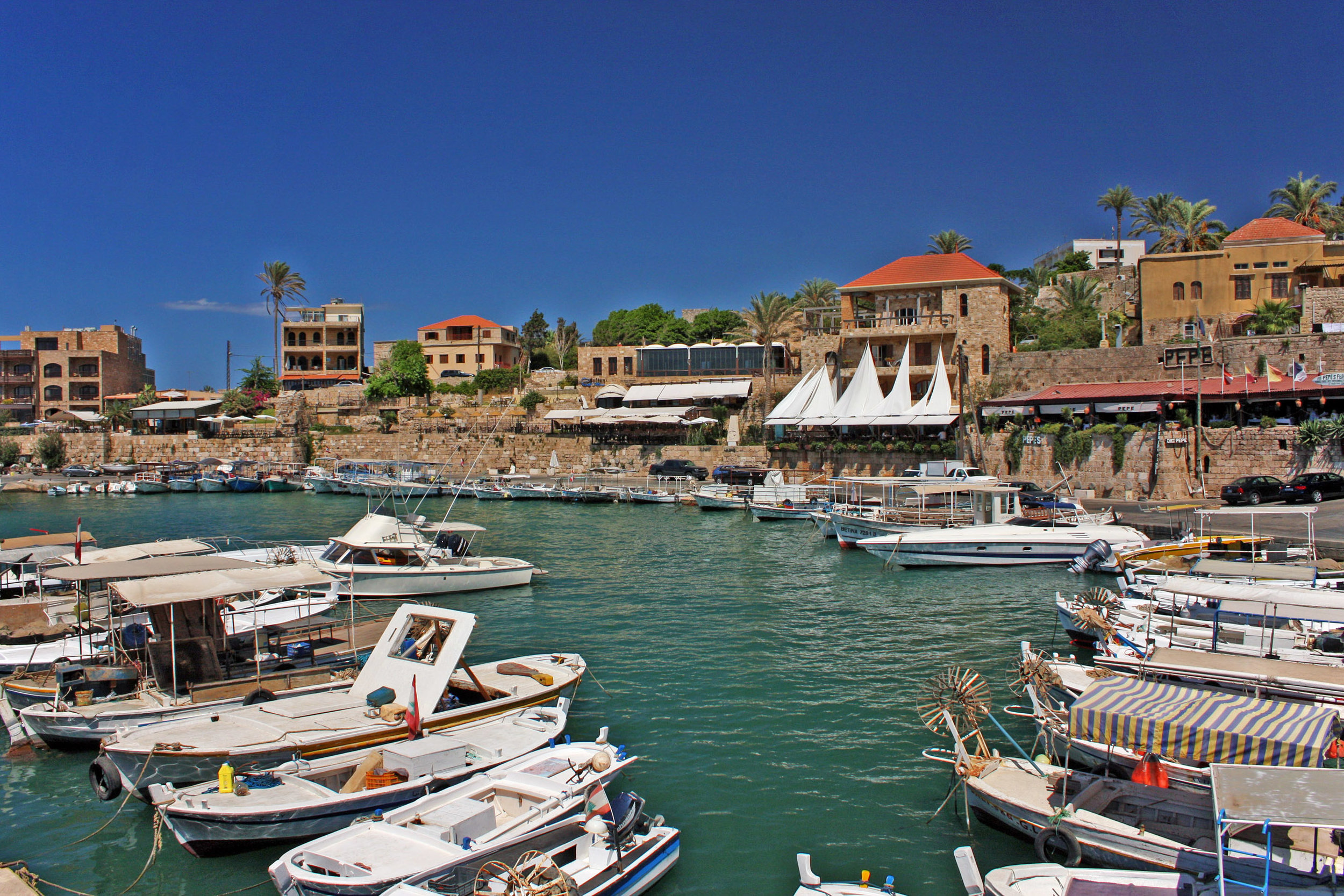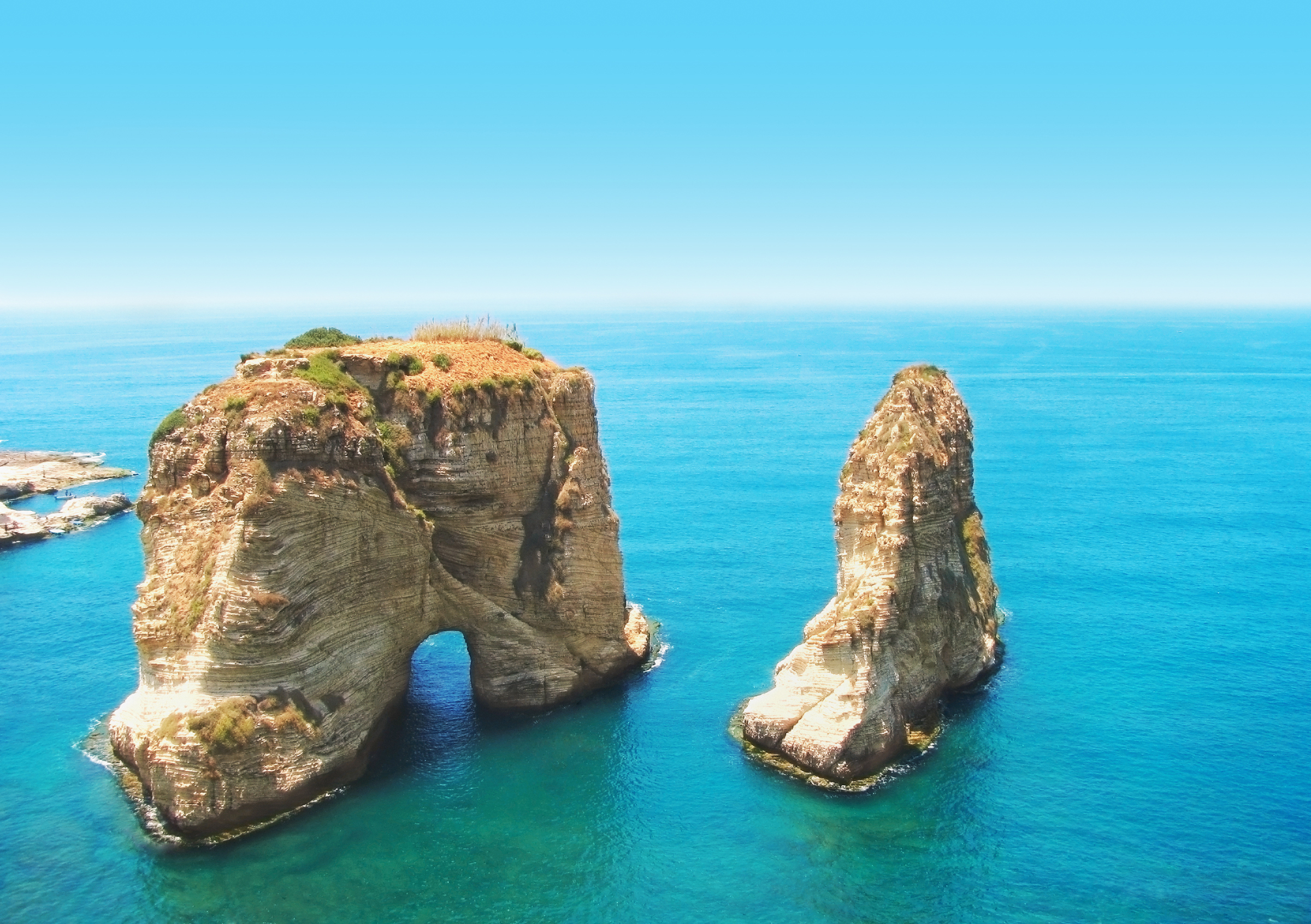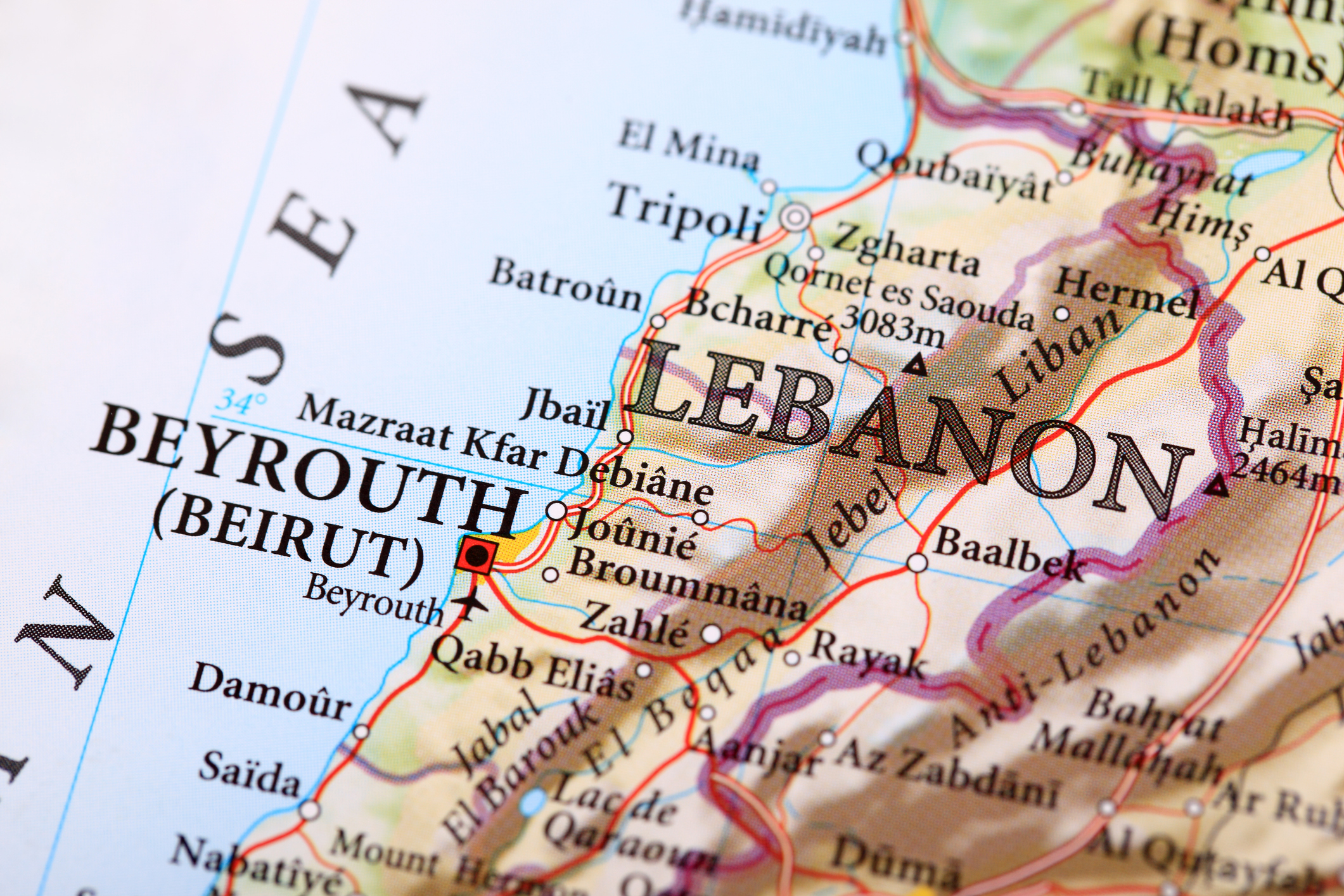







Highlights
Highlights
Lebanon
8 days // Dec 4-11, 2019
HIGHLIGHTS
Our PhotoQuest to Lebanon, lead by PQA founder Najat Naba, a fluent Arabic speaker and native, allows you to discover and photograph hidden towns and Druze villages, ancient ruins, lush nature reserves and dynamic cities. Lebanon remains one of the Arab world's most charming destinations.
We will be based in Beirut, the country's capital and largest city which has plenty of appeal itself. One of our highlights will be a visit to the Baalbek’s ruins, to photograph the most impressive and best preserved ancient Roman ruins in the world. Photograph the historical city of Byblos, a picturesque seaside city with a great beach. Byblos is believed to be one of the oldest cities in the world as it was founded in 7000BC and continuously inhabited since 5000BC until today.
All throughout our journey, you will enjoy top-level photographic instruction. From an abundance of opportunities for travel, portrait and landscape images that will captivate your mind and entice your senses to create once-in-a lifetime photos as we take you back in time to the ancient world of Lebanon.
explore
Lebanon a small country – Everything can be reached in less than 2 or 3 hours
Explore and photograph small hidden villages no other tourists go to
Photograph Druze villages in “The Jabal”
Savor traditional Lebanese cuisine at delicious local restaurants
Photograph Batroun village recognized by its traditional souks and its ancient Phoenician wall
discover
Discover the beautiful areas of Beirut
Photograph Baalbek – The most impressive and off the beaten track Roman ruins in the world
Photograph Tripoli with its beautiful old souq of spices, the old medieval architecture and a citadel with its awesome views of the city
learn
Camera settings & composition
Metering and exposure
Low light shooting
Use of filters
How to use off camera flash

Itinerary
Itinerary
Lebanon
8 days // Dec 4-11, 2019
December 4 - Arrive Beirut, Lebanon
Transfer directly to your hotel in Beirut. You will have a welcome dinner where you will enjoy the delicious traditional Lebanese food. Overnight at the Four Seasons Hotel, Beirut for the next 7 nights.(D)
December 5 - Beiteddine – Deir El Qamar – Beirut city tour
After breakfast Drive to the Chouf Mountains to visit Deir El Qamar translates literally as “monastery of the moon”; this charming village was choosing by Fakherddine as the capital of Lebanon in the 17th century.
Continue to Beiteddine Palace built in the 19th century over a period of 30 years by Emir Bechir II Chehabi around a former Druze hermitage. Today the palace is considered as the great surviving achievement of the Lebanese architecture. Photograph the city of Beirut, a city of contrasts. Beautiful architecture, small houses nestle in the shadow of tall modern buildings. You will visit downtown, the corniche, the pigeon grotto and Souks. Photograph sunset of the Mohammad Al-Amin Mosque, a Sunni place of worship and a major architectural landmark of Beirut. Completed in 2008, the imposing structure is designed in a grandiose Ottoman style and boasts towering 213 ft tall minarets. (B,L,D)
December 6 - Beirut, Byblos - Harissa by Cable car
After breakfast visit Byblos the world’s oldest continually inhabited city; nowadays its charming harbor and the rich archaeological and historical heritage makes Byblos the most enchanting place to visit in Lebanon. Discover Harissa by cable car and photograph from the top of the Basilica to capture the most beautiful bay in the Middle East. (B,L,D)
December 7- Cedars - Qadisha Valley - Bekaakafra Village
After breakfast visit Cedars, the Ski resort and the small grove of trees, which stand at an altitude of 2000m. Today a few of the original groves are the remnant of an extensive forest which once covered the Mount- Lebanon range. The Lebanese Cedars (Cedrus Libani) the most famous Cedars species, mentioned in the Old Testament is the country’s national symbol.
Proceed to visit the Qadisha Valley also known as the Holy valley where the early Maronite community established itself. The valley, classified, as world heritage site by UNESCO, is steep-sided with springs, waterfalls and dotted with ancient monasteries and churches all that makes it an ideal place for photography. In the afternoon, visit Bekaakafra the most traditional village in the highest mountain of Bcharri district. This village that failed to acknowledge urban life is a breath of fresh air, a haven of peace, of quiet and safety still preserves its authenticity due to its ancient and modest architecture. Customs, traditions and ancient folklore hang around in this village with an exhibition of homemade products prepared by the locals taking place along the street leading to the house of the Saint. (B,L,D)
December 8 - Baalback - Ksara - Anjar
Drive to Baalbeck, also called Heliopolis or “the City of the Sun” by the Greeks and Romans, who dedicated the main temple to Jupiter the god of the sun and two other temples to Venus and Mercure, Jupiter’s partners in the triad of god. This site is the best preserved of any temple complex in the Middle East. It’s building still largely intact and survived wars, earthquakes and ravages of the time. Baalbeck is undoubtedly one of the greatest places to photograph in Lebanon.
Proceed to Ksara caves dated from the Roman period. The Jesuits enlarge the domain in the beginning of the 20th century.
Continue to visit Anjar the only significant Umayyad site in Lebanon, founded in the 8th century by the Caliph Walid after a Roman city- plan. Its palaces, baths and mosques make us believe that it was an Imperial residence. (B,L,D)
December 9- Tripoli – Batroun Village
After breakfast drive to Tripoli, the old labyrinthine city with its beautiful architecture from the Mamluk era; the impressive, large Crusader Castle; the traditional souqs full of artisans, factories and workshops; and the amazing food make a day in Tripoli definitely worth the experience. Don’t forget to dress appropriately - women should be sure to cover their arms, legs and hair when entering a mosque.
Proceed to visit Batroun, a small coastal town mentioned in the tablets of Tell Al-Amarna as a dependency of the king of Byblos. Today the remains of a Phoenician harbor are visible at the small fishing port. And its two churches of St. Stephano and St. Georges. (B,L,D)
December 10 - Tyr – Sidon
After breakfast, spend a full day in South Lebanon, to photograph Tyre, 85 km from Beirut, the greatest of the Phoenician city-states, its golden age came during the reign of Hiram, the most famous Tyrian kings who cultivated close ties with the Hebrew kings Solomon and David and contribute on the construction of the temple of Solomon by sending cedars wood and skilled workers. Today UNESCO lists Tyre as world heritage site.
Drive back to Sidon or Saida where wealth came from the murex trade and glass manufacturing, which was the best in the world at the time. Today Saida is a rapidlygrowing town, the administrative and commercial capital of the south, where you can have a stroll in the old souks and visit the Crusader Sea castle, Khan El Franj, the Great mosque and many other interested places. (B,L,D)
December 11 - Departure from Beirut, Lebanon
Transfer to the airport for your flights back.

Lodging
Lodging
Lebanon
8 days // Dec 4-11, 2019
Beirut
Four Seasons Hotel Beirut
At Four Seasons Hotel Beirut, we can’t wait to introduce you to the people and places that make the stylish and friendly city tick. From the Hotel’s downtown location, you can set out to explore the capital’s bustling markets, admire ancient ruins, bask in the sun along our Mediterranean coastline and discover the natural wonders that lie within the snow-capped Lebanese Mountains just a short drive away. Or, simply take it all in at once from our 26th-floor rooftop, offering one of the best views of Beirut.

Quest Leaders
Quest Leaders
Lebanon
8 days // Dec 4-11, 2019
Najat Naba
Born in Brazil, Najat grew up in between the mountains of Lebanon and the skyscrapers of New York. Her diverse upbringing helped shape her desire to travel the world. Leading workshops, she has introduced many groups to photography while still exploring the cultures and diversity of the more than 40 countries she's visited. Her gift for languages (she speaks Arabic, Spanish and English fluently and a bit of Dutch and Portuguese) has enabled her to put people at ease through out her travels. She enjoys the opportunity that workshops give her to meet different types of people and introduce them to the beauty and marvel of the world. A huge believer in giving back, she is dedicated to supporting local charities throughout her travels. Her work has appeared in NY Times Magazine, American Photo, Financial Times, Interior Design, Popular Photography, The Editor at Large, HGTC.com, Trail of Inspiration.com, mocoloco.com and Oprah.com.

Quest Gear
Quest Gear
Lebanon
8 days // Dec 4-11, 2019
Recommended gear
Computer / Digital Accessories
Laptop with charger and Photoshop and Lightroom (not mandatory)
Portable hard drives
Card reader
All cables for drives, computer, card readers, storage devices, etc.
Power converters/adapters for all international quests
Other
Cover or large zip-lock bag for camera for shooting in the dust
Sturdy tripod (carbon fiber)
Cable release (for night shots)
Small headlamp and flashlight
Camera Gear
Camera and extra body
Battery charger & extra batteries
Memory cards (bring plenty!!!)
Sensor cleaning supplies
Flash with plenty of batteries
Wireless transmitter for Flash
Lenses
24-70mm for portraits or similar
70-200mm lens or similar
For night photography: fast/wide lenses like 14mm 2.8, 20mm 1.8 or 16-35 and 24-70 2.8
Your AF lenses must have a manual focus setting for night photography
Polarizing filter(s)
Lens hoods for all lenses

Facts
Facts
Lebanon
8 days // Dec 4-11, 2019
About Lebanon
Byblos
With 8,000 years of history, Byblos is considered one of the oldest inhabited cities in the world and the place where the first inscriptions containing the modern western alphabet were found. Besides a super interesting museum that explains the history of the creation of the alphabet, in Byblos you can also visit a crusader castle from the XII century, built by the Franks, a restored souq, a beautiful Mediterranean harbor full of restaurants, where you can eat seafood feasts, and some archeological sites containing mainly Roman ruins but also from many other civilizations, from the Neolithic settlements 8,000 years ago to Phoenician, Egyptian, Greek and Ottoman.
Beirut
The Lebanese capital is the most westernized and liberal city in the Middle East, and a city full of contrasts and owner of a deep and interesting history.
Beirut is composed of several neighborhoods, each one with its own subculture, so different from each other that, when you are wandering around them, it looks like you are in a different city, from the hipster neighborhood of Gemmazyeh, to Hezbollah areas, Armenian, Christian, refugee camps and fancy districts with the most glamorous stores and the best restaurants in the region.
ATMs
ATMs are in abundance and generally accept both checking and credit cards or co-branded home banking cards for Cirrus, Diners Club, Maestro, MasterCard, Visa and Visa-Electron.
Country Code
The country code for Lebanon is +961 and each region has its own net number. Mobile phone numbers in Lebanon start with 03, 70, 71, 76, 78, 79 or 81.
If you stay in Lebanon for more than just a few days, it is advisable to buy a local SIM card. Prepaid SIM cards can be obtained from 25 USD and include 22.73 USD phone credit (passport is required)
Language
During the French Mandate (1918–1942), French became the dominant language in Lebanon and was compulsory in school. Since the end of the Mandate, the primary spoken language once again became Levantine Arabic, which is similar to the Arabic used in Syria, Jordan and by Palestinians.
Pictures
In Lebanon, photographing strategic locations such as governmental building and army checkpoints, as well as policemen and soldiers on duty is prohibited. Taking pictures in Hezbollah areas, such as Dahiyeh and parts of the Beqaa Valley or South Lebanon will most probably get you into trouble as well.
Security
With tourism and the number of foreigners increasing, Lebanon is more and more becoming a hotspot in the Middle East. Yet, when planning to visit the country, security risks should be taken into account as parts of Lebanon can suddenly become volatile, also due to the ongoing situation in Syria.
The people in Lebanon
During your Lebanon itinerary, you will see that Lebanese people are one of the highlights of any visit to the country, not only due to their kindness and hospitality but because Lebanon is so culturally diverse that you will meet loads of different types of people every day, from Sunni Muslims to Shia, all sorts of Christians, Armenians, Palestinians and Syrians, as well as completely Westernized people.
Currency
In Lebanon, both the American Dollar (USD) and the Lebanese Pound (LBP) - also called the Lebanese Lira (LL) are accepted. At the time of writing, the Lebanese Pound is pegged against the USD at a rate of 1500 LBP to 1 USD.
Registration
Before arriving in Lebanon or shortly after, it is advised to register yourself and your stay at the embassy of your country of origin in Lebanon. For certain countries this can be done online, whereas other countries may need a visit to their embassy in Lebanon. After registration, your embassy will be able to keep you informed of important developments in the country.
Visa
If you enter Lebanon via Beirut Hariri International Airport holding one of the following national passports, your passport will be stamped with a one-month visa.
Food
Lebanese food is a Mediterranean cuisine with influences from both the Middle East and the French colonial era and, as in Spain, Italy or Greece, olive oil is the base of any dish. Typically, most restaurants serve mezza, an array of small dishes similar to the Spanish tapas, which includes both vegetarian and non-vegetarian dishes.
From the classic hummus, kibbeh (a local steak tartar), kebabs and syadye (rice, fish, and almonds in a gravy sauce) to a tasty olive oil of the standard of any southern European country and a strong wine culture, Beirut is home to the best food in the entire region.

Pricing
Pricing
Lebanon
8 days // Dec 4-11, 2019
Cost per person
$9400 based on double occupancy. Single supplement is an additional $2850.
PQA will try to match you with a roommate if you do not opt for a single supplement. However, if a roommate is not available, you will be charged the additional single supplement fee.
Limited to 6 participants. Spouses are welcome to join!
Not included
International airfare to/from Lebanon
Alcoholic beverages
Personal expenses
Gratuities
Visa and passport fees
Medical and trip insurance (highly recommended)
Included
Quest workshop fee
7 nights accommodations in a 5 star hotel in Beirut, Lebanon
All entrance fees
Meals (as noted in itinerary)
English speaking guides/drivers
All land transportation
Airport transfers on arrival and departure
We highly recommend that you purchase travel insurance.










